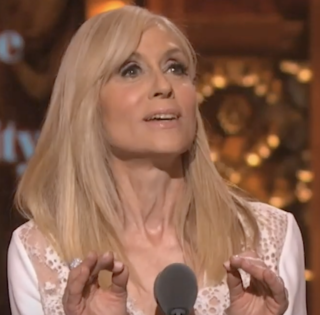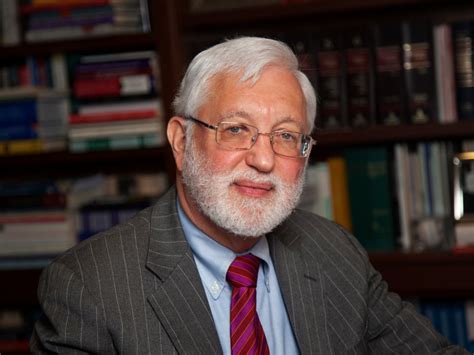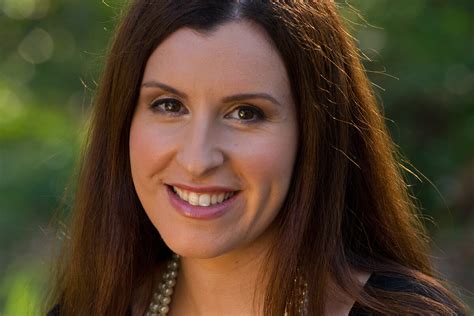A Quote by Wangari Maathai
Human rights are not things that are put on the table for people to enjoy. These are things you fight for and then you protect.
Related Quotes
Judges are the people who have to protect the rights of individuals, have to protect the rights of minorities, have to protect the rights in the Constitution, have to protect the requirement that the executive and the legislature not simply exercise raw power but adhere to standards of reasonableness and constitutionality.
With my human rights advocacy, that's always been through my writing. I've always tried to write articles and contribute to journals and a lot of online journals - about human rights, especially Palestinian human rights. I find the time to do things to do things I'm passionate about, because I find enjoyment in them. I just have to juggle.
This, then, is the truth of the discourse of universal human rights: the Wall separating those covered by the umbrella of Human Rights and those excluded from its protective cover. Any reference to universal human rights as an 'unfinished project' to be gradually extended to all people is here a vain ideological chimera - and, faced with this prospect, do we, in the West, have any right to condemn the excluded when they use any means, inclusive of terror, to fight their exclusion?
I published a thesis about animal rights when I was studying in England in 1991. Back then, I was a human rights lawyer and people condemned me for talking about animal rights when human rights are still not guaranteed. However, human rights are guaranteed in a society where animal rights are secured.
At the end of the day, these are issues that need to be discussed: femicides, among other things - immigrant rights, women's' rights, indigenous people's rights, animal rights, Mother Earth's rights. If we don't talk about these topics, then we have no place in democracy. It won't exist. Democracy isn't just voting; it's relegating your rights.
Let's not use the term democracy as a play on words which is what people commonly do, using human rights as a pretext. Those people that really violate human rights [the West] violate human rights from all perspectives. Typically on the subject of human rights regarding the nations from the south and Cuba they say, "They are not democratic societies, they do not respect human rights, and they do not respect freedom of speech".
Men are born privileged in the scale of things - I'm generalizing, but it's true. Women have to define themselves in the eyes of men. They have to fight for their rights, especially in a society that will pretend that there is no fight or no battle, that it's a cliche, that feminists are reactionary, all these things.
I have this table in my new house. They put this table in without asking. It was some weird nouveau riche marble table, and I hated it. But it was literally so heavy that it took a crane to move it. We would try to set up different things around it, but it never really worked. I realized that table was my ego. No matter what you put around it, under it, no matter who photographed it, the douchebaggery would always come through.
Our countries are weaker: they cannot protect us from imported goods, they can't protect us from climate change, they cannot protect us from epidemics. These things cross borders. But the kind of cooperation that would protect us from those things was completely lacking and because of this there's been a backlash. People feel vulnerable.





































